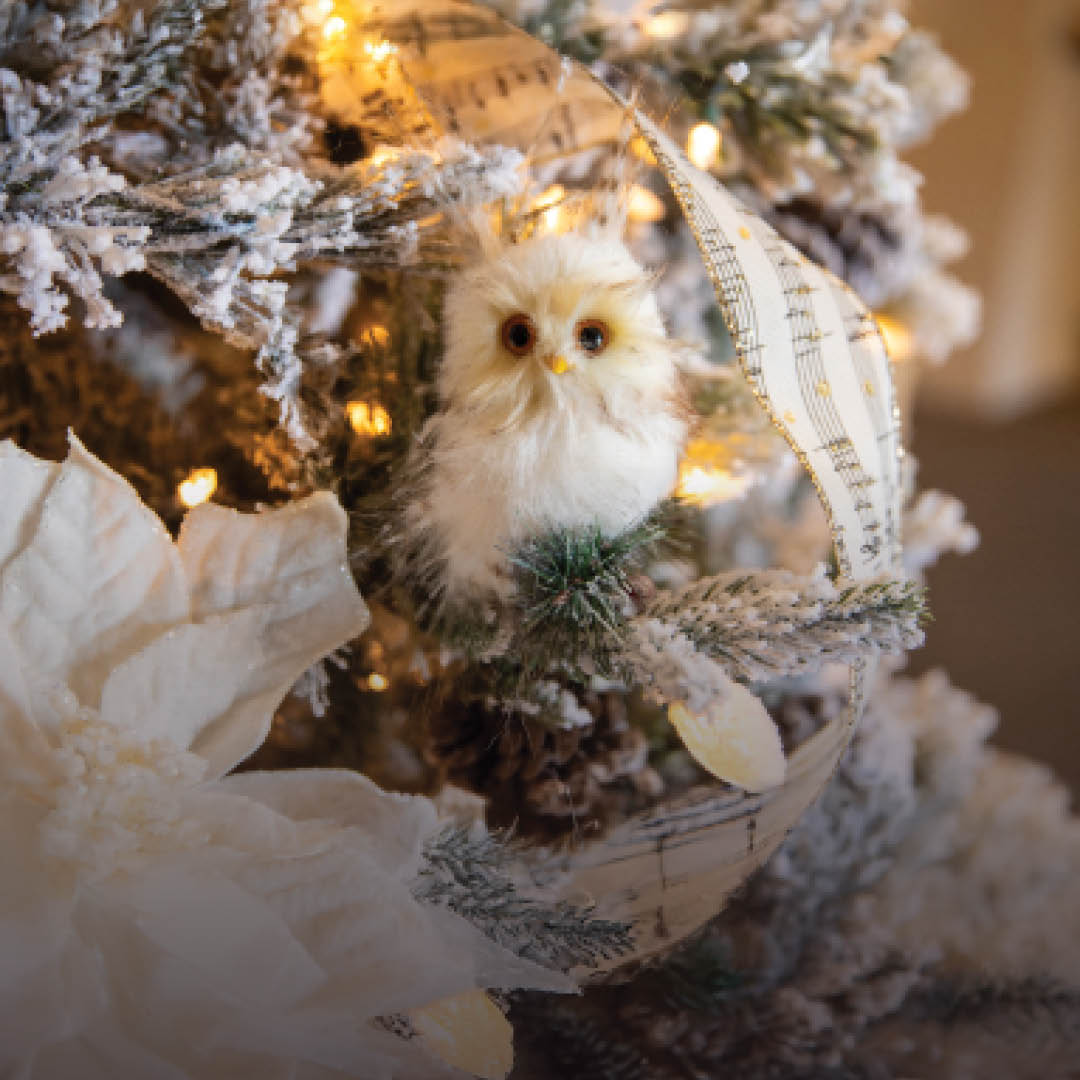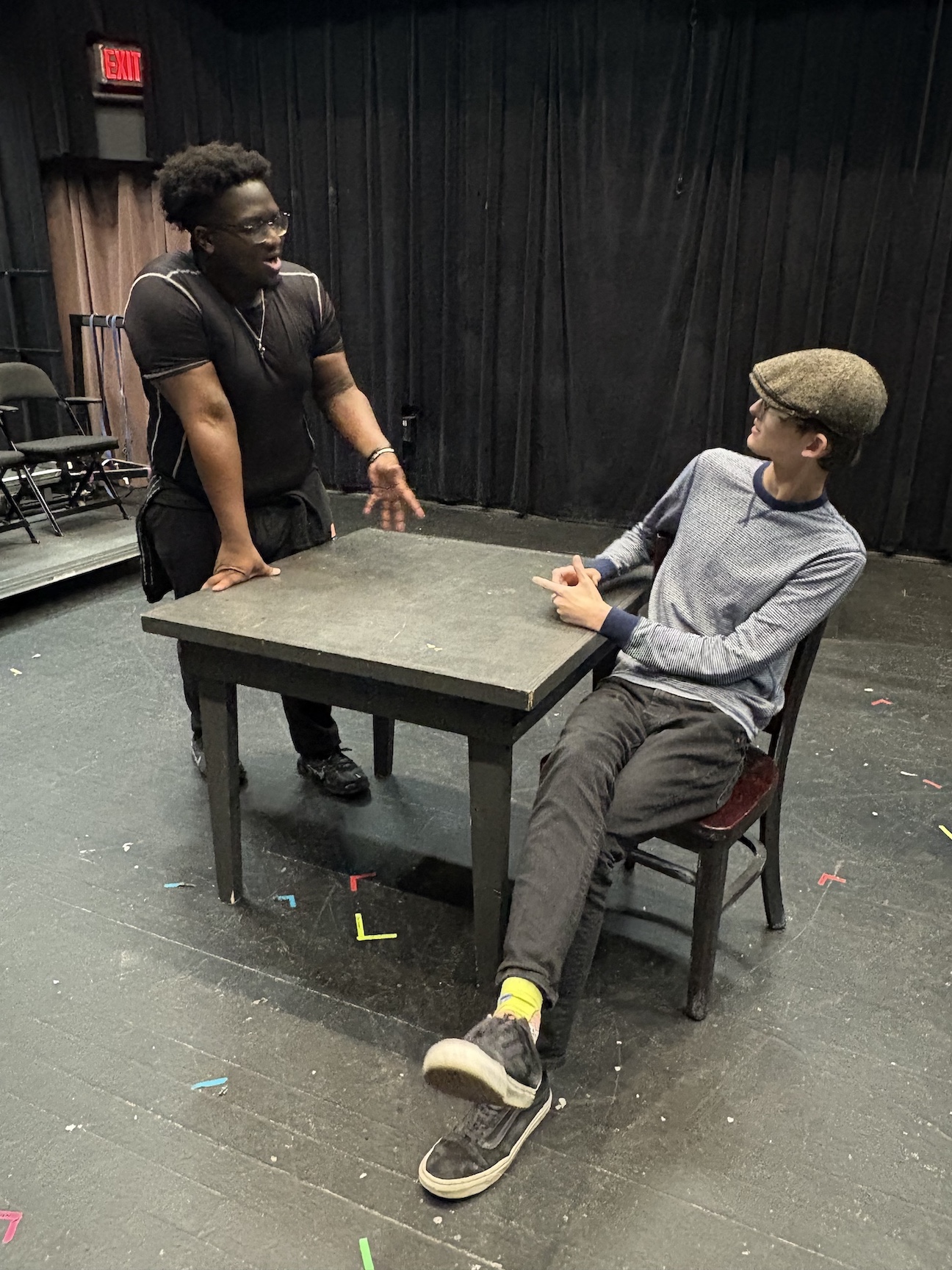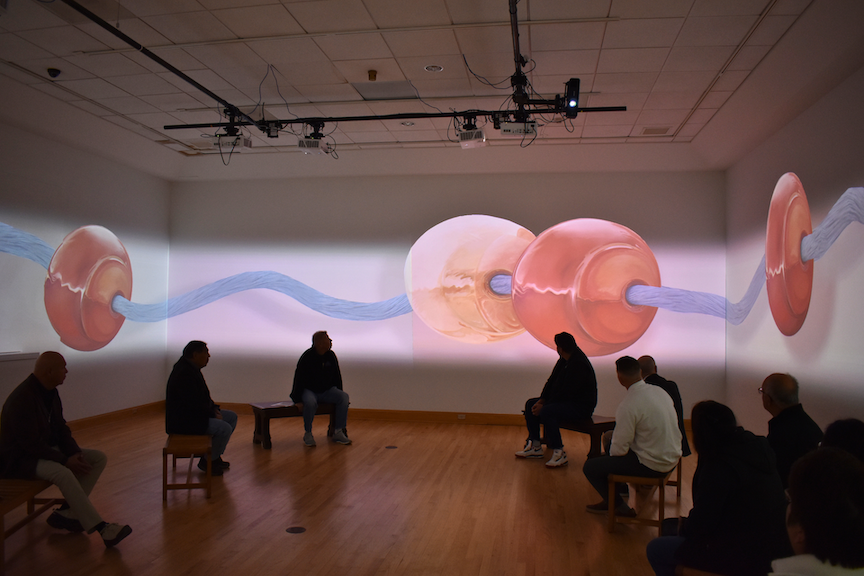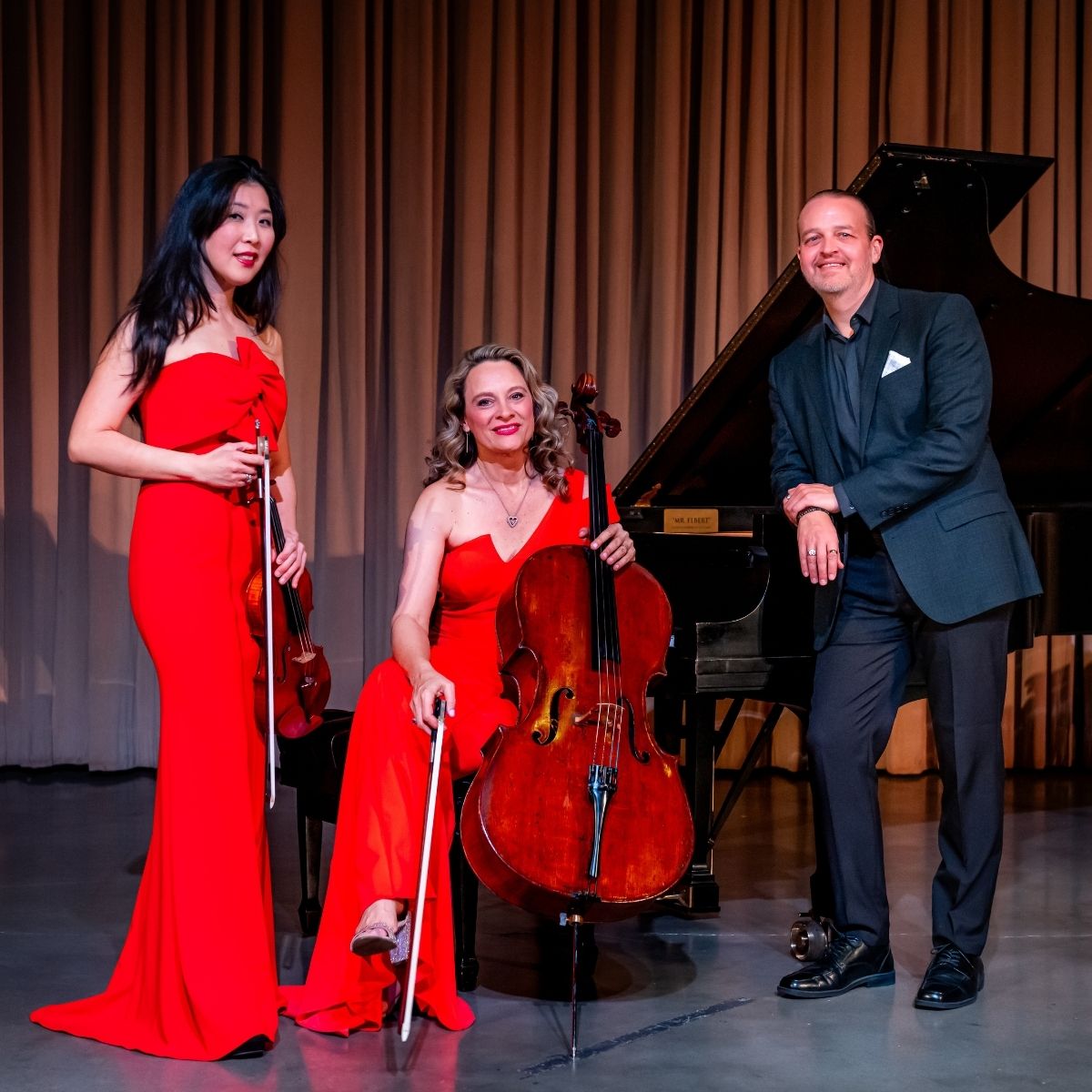

KENNESAW, Ga. | Mar 26, 2024
Elementary visual arts teacher Patsy Rausch turns passion into healing vehicle
Elementary visual arts teacher and KSU alumna Patsy Rausch embraces the chaos of elementary school because she knows she has a higher purpose. This realization led her to pursue the School of Art and Design’s Master of Arts in Art and Design (MAAD) degree.
Rausch describes her average school day as “a controlled chaotic cacophony of water spills, lost glue stick caps…paint laden hands, pastel smudged faces, profoundly inspiring passions for the color red and rainbows, nuanced frustration, an abundance of silliness, astonishing Art, and TONS of hugs.”
She sees her role as something more, though.
“Am I teaching art through all this? Absolutely, but it’s with the realization that my true goal is to create a safe space for artistic exploration, celebrate risk, and cultivate an awareness of the significance of art in their ever-evolving personal landscape,” Rausch said.
She wanted to find a way to turn her passion for papermaking into a vehicle for healing. But she was an art teacher–not an art therapist– so she was not sure how to connect the two. When she found the fully online program with a focus in Arts Education, Rausch felt that this program could serve as that connection.
When Rausch was assigned a thesis as the culminating element of the degree program, she “took a leap of faith” and chose to focus on the potential for art—specifically hand papermaking—to communicate traumatic experiences.
For her thesis, Rausch worked with a group of fifth graders at her school. During the COVID-19 pandemic, these students picked up cotton bags filled with school supplies so that they could complete their distance-learning activities each week. For both the students and the teachers, these bags later became a symbol of depression and anxiety, and they served as a reminder of the difficult ways in which the pandemic affected them all.
Rausch worked with these students to turn these bags that once served as a source of pain and isolation into something beautiful: journals. She had the students write their feelings toward the bags on them with a permanent marker. When the bags were later pulped and made into paper, the result was always a bright, brilliant color, despite the amount of marker on them.
“I said to them, ‘That’s kind of like you guys. You made it through this. Your resilience, your courage, that’s you. You went from this anger, this fear, this uncertainty to where you are now. You have this beautiful bound journal where you can start all new and all fresh,’” Rausch said.
This experience helped Rausch “tap into the minds of [her] students,” and she saw the impact of creativity on their healing process.
“I looked at my students with more patience, more grace, and more appreciation for everything they had been through,” Rausch said. “And yet they’re still here and putting their creativity out there after a period of such vulnerability for them.”
The MAAD program also helped to broaden her own perspective as an artist.
“Dr. Jenevieve Goss, who taught Media Arts, opened a window into a world of diverse and contemporary artists who were not on my radar, but whom I now follow,” Rausch said. “She also extended my intellect to accept media arts as a conceivable art form, including performance art as innovative social expression.”
Goss believes that performance art “opens up avenues for expression that cannot be represented in any other way.” She assigned a performance art piece that Rausch, along with most of the class, was initially intimidated by but later appreciated. This step out of Rausch’s comfort zone helped her to further appreciate the “celebrated risk” that she often preaches to her own students.
“Patsy is an unbelievably compassionate, committed, and inspired teacher,” Goss said. “She is always looking for new ways to connect with her students and create spaces for growth and exploration both visually and emotionally. She embraces the beauty in her students and the value they bring to the classroom. She is a natural born teacher and brought so much insight and creative exploration to the program.”
Rausch now uses her papermaking studio as both an educational tool and an “art therapy appendage.” She trains teachers to use the studio and loans it to them to use with their students. Rausch also shares how the studio fits into STEAM curriculums. Additionally, she works with marginalized communities seeking innovative support by helping them find strength and healing through papermaking.
“This program permitted me not only the catalyst to move in a direction I wanted to, but also the courage to keep moving confidently and with conviction. It’s as if KSU gave [me] permission to take that leap.”
--Kendall Chamberlain

Bailey School of Music Rings in the Holiday Season with Two Festive Concerts

Faculty Collaboration Brings Original Play "Broken" to Life in the Classroom

KSU Animation Students Bring Seneca Artist's Work to Life in Immersive Installation

Summit Piano Trio to Make Weill Recital Hall at Carnegie Hall Debut